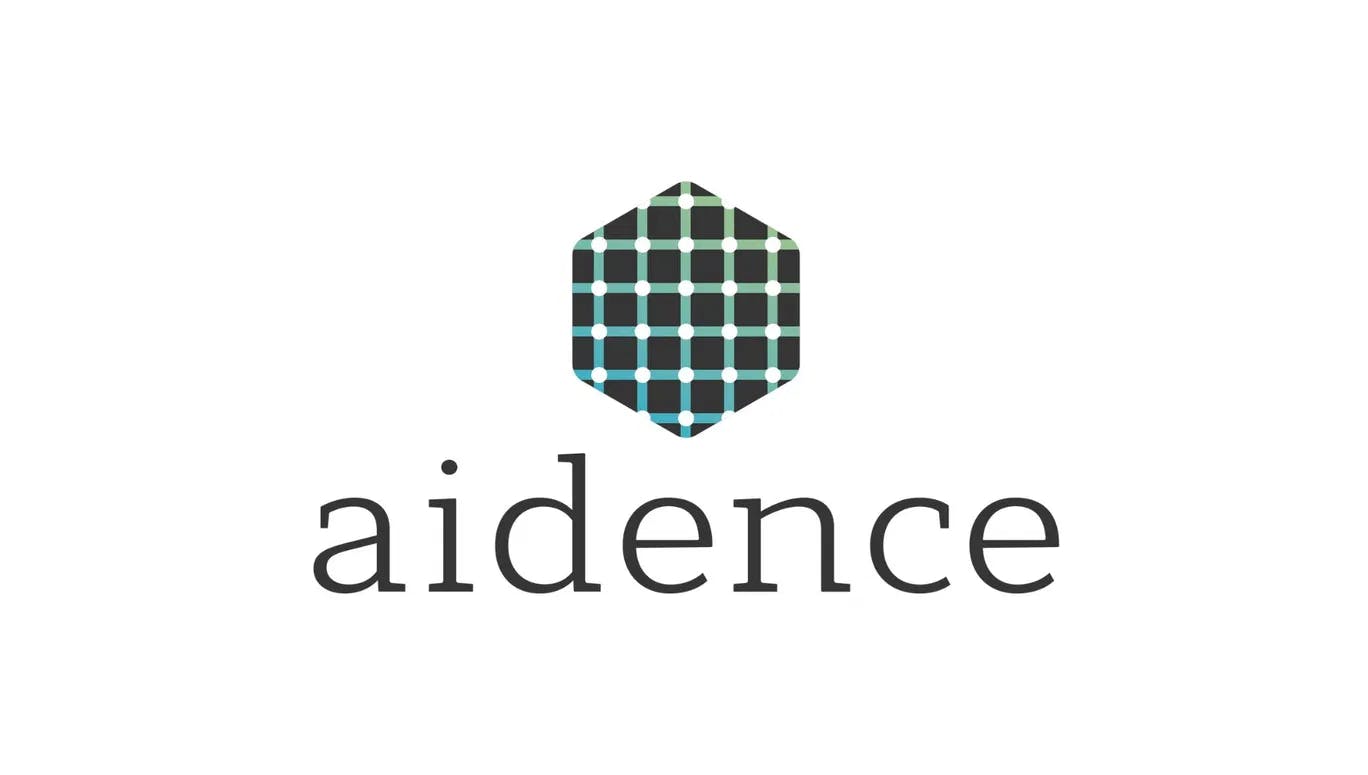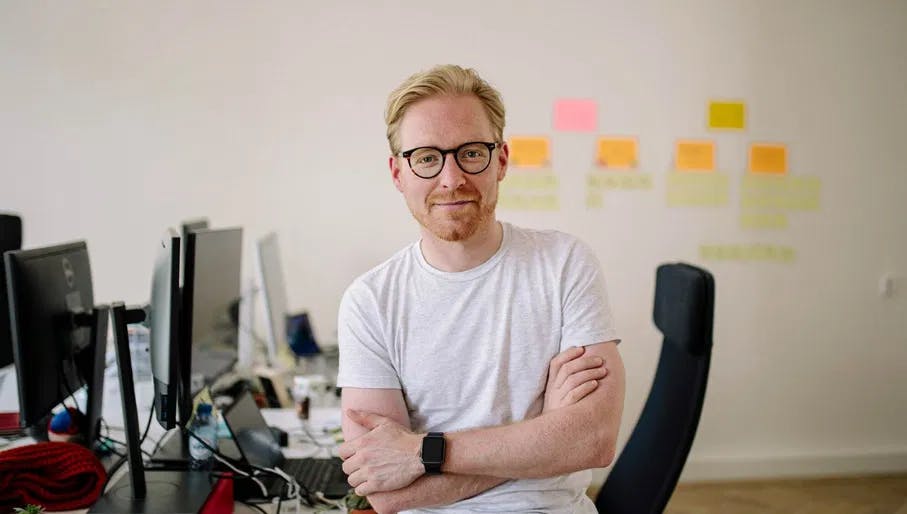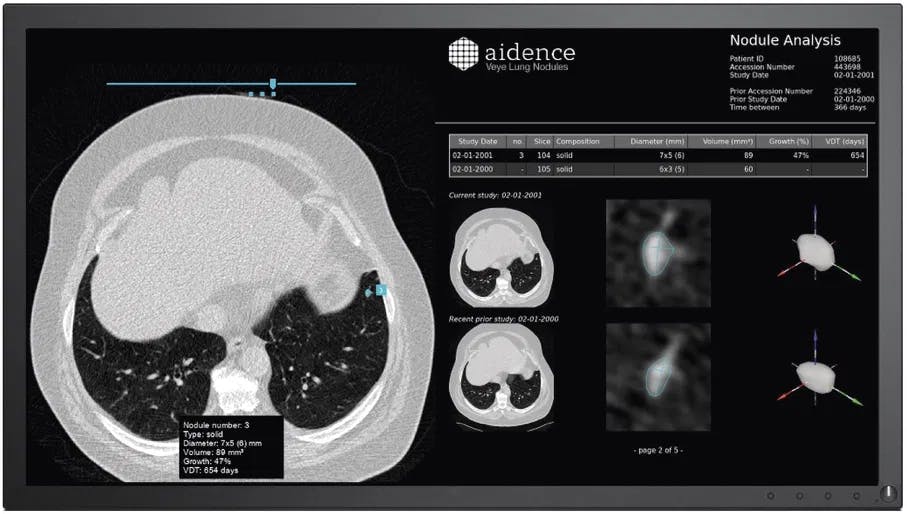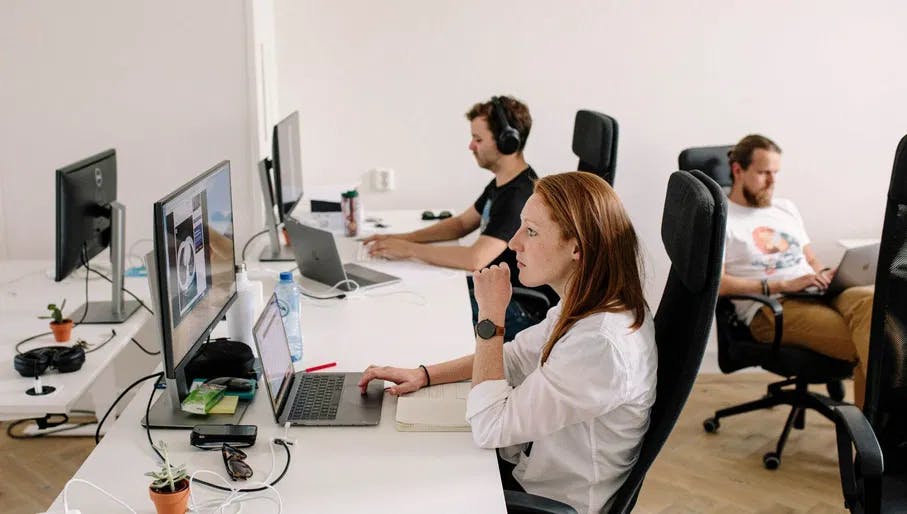
Pacmed is shaping the future of hospital care with clinical intelligence
10 July 2025

“The Netherlands is the new centre of healthcare in Europe, both in terms of data science and quality healthcare and healthcare systems.” says Aidence co-founder and COO Jeroen van Duffelen.

Amsterdam-based Aidence combines data science and healthcare by developing artificial intelligence solutions for the field of oncology. Their first tool, Veye Lung Nodules, helps radiologists identify and characterise pulmonary nodules – small growths on the lung – and track their progression. These nodules, particularly if they change size or shape over time, could be cancerous and catching these markers early can help increase survival rates. A recent NELSON study showed that CT screening for nodule volume management reduces lung cancer mortality by 26%, and more research is underway to further explore the impact of CT screening in improving patient outcomes.
Radiologists dedicate long periods of time to reviewing CT lung scans, searching for possible pulmonary nodules. Research indicates that AI-assisted reporting may be more accurate at detecting nodules and catching patterns than the human eye. “Counting spots on a scan is a pain point for most radiologists. They hate this work. What is interesting to them is interpreting the anomalies they see, not spending hours finding them.”
By automating this process, Veye Lung Nodules can save radiologists time and energy that they could instead channel into assessing the findings and caring for their patients. Lung cancer is one of the most common and deadly cancers so faster detection could save hundreds of thousands of lives each year. The Aidence team trained the Veye Lung Nodules algorithms by feeding thousands of CT chest scans from a variety of data sets and then checking that data against approximately 1000 cases annotated by 3 expert radiologists.

Eventually the algorithm was able to independently learn and improve on its ability to identify the characteristics of nodules, noting their size, volume and opacity. It also automatically checks a patient’s previous scans to determine if the growths have changed size or shape over time. This simplifies reporting and helps radiologists supply all the most relevant data to referring physicians.
The Netherlands has been one of the world’s biggest producers of AI medical imaging processing technology for decades. The first clinical electrocardiography took place in Amsterdam in 1902 and this medical imaging innovation helped inspire thousands of other advances in medical imaging (MI).There are now more MI companies in the Netherlands than in the United States, China or elsewhere in the EU. “When it comes to medical imaging, we are a big country on a very small surface.” says Van Duffelen.
According to Van Duffelen, “We looked at the technology first. We saw companies trying to apply big-data analysis and machine learning in healthcare but nothing reached clinical practice. We were both looking for a way to apply this technology to a scalable product market. We realised that radiology presented the opportunity to start with a very simple product and get a commercially viable platform to market relatively quickly.”

Aidence has managed to develop an AI solution, get it certified and bring its accompanying medical software to market within 2.5 years, accelerating a process that usually takes at least 5 to 10 years. Veye Lung Nodules is currently in use in more than 50 European hospitals, analysing thousands of scans per week in both routine practice and lung cancer screenings. In February 2019, Aidence completed a €10 million Series A funding round, bringing the total investment to €12.5 million. And in September 2020, they received an AI award from the UK’s National Health Service (NHS) to help improve lung cancer prognosis.
To accommodate its growth, the firm has moved to a canal-front office in Amsterdam’s city centre that comes with a view worthy of any postcard. But for Van Duffelen, the charming panorama is low on the list of benefits that businesses are afforded when working in the Dutch capital. “Having access to people who have the brains to develop complex technology and are inspired to work in the medical sector, that’s what keeps us in Amsterdam. You can buy a good view in a lot of places, but you can’t find this kind of talent just anywhere.”
While many hospitals in the Netherlands are interested in incorporating AI, the technology – though fast developing – is still in its infancy. Van Duffelen explains, “When a human has seen one chair, they know what another chair looks like, but a computer needs to see 10000 chairs to know what a chair looks like. It is the same with medical disorders.”
Medical AI applications have been the subject of much conjecture and Van Duffelen is relieved that the smoke and mirrors are giving way to clear and actionable use cases. “There were a lot of big promises from big corporations and small startups about what AI could deliver, from curing cancer to making radiologists irrelevant within 5 years. Now we are seeing that AI can improve healthcare – making it better, faster, cheaper – but can’t replace medical professionals. We’ve moved past the startup hype to a stage where companies are developing technology that benefits society.”
Aidence prides itself on being realistic about what its platform can achieve. “I guess it is typical of a Dutch company, but we don’t bullsh*t,” says Van Duffelen. “We aren’t screaming from the rooftops that we can cure cancer, because the technology isn’t there yet. And because we are upfront about what we can do, we’re being approached by the whole world.”
Right now, Aidence is being used at medical facilities in the UK, Sweden, Belgium, France, Hungary, Italy, Greece and the Netherlands, and is certified for clinical practice throughout the EU. The current goal is to get Veye Lung Nodules into more hospitals in Europe and around the world. They’re now looking into augmenting oncology pathways by expanding the lung nodule solution to tumours and providing intelligent software for patient follow-up and treatment response assessment. However, Van Duffelen thinks it will take more than AI to succeed.
“In the long term, AI as a technology itself will not be a differentiator. Everyone will have the same accuracy. The way you can win this game is by developing solutions that have a real impact and are really embedded in the workflow of medical specialists. You have to solve the problems from beginning to end, and it has to be done in a user-friendly, customer-friendly way. Execution will give you the edge, instead of technology.”